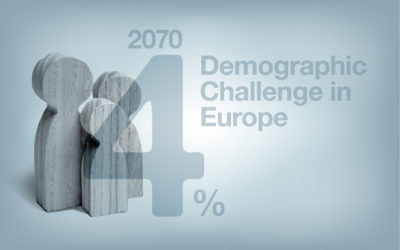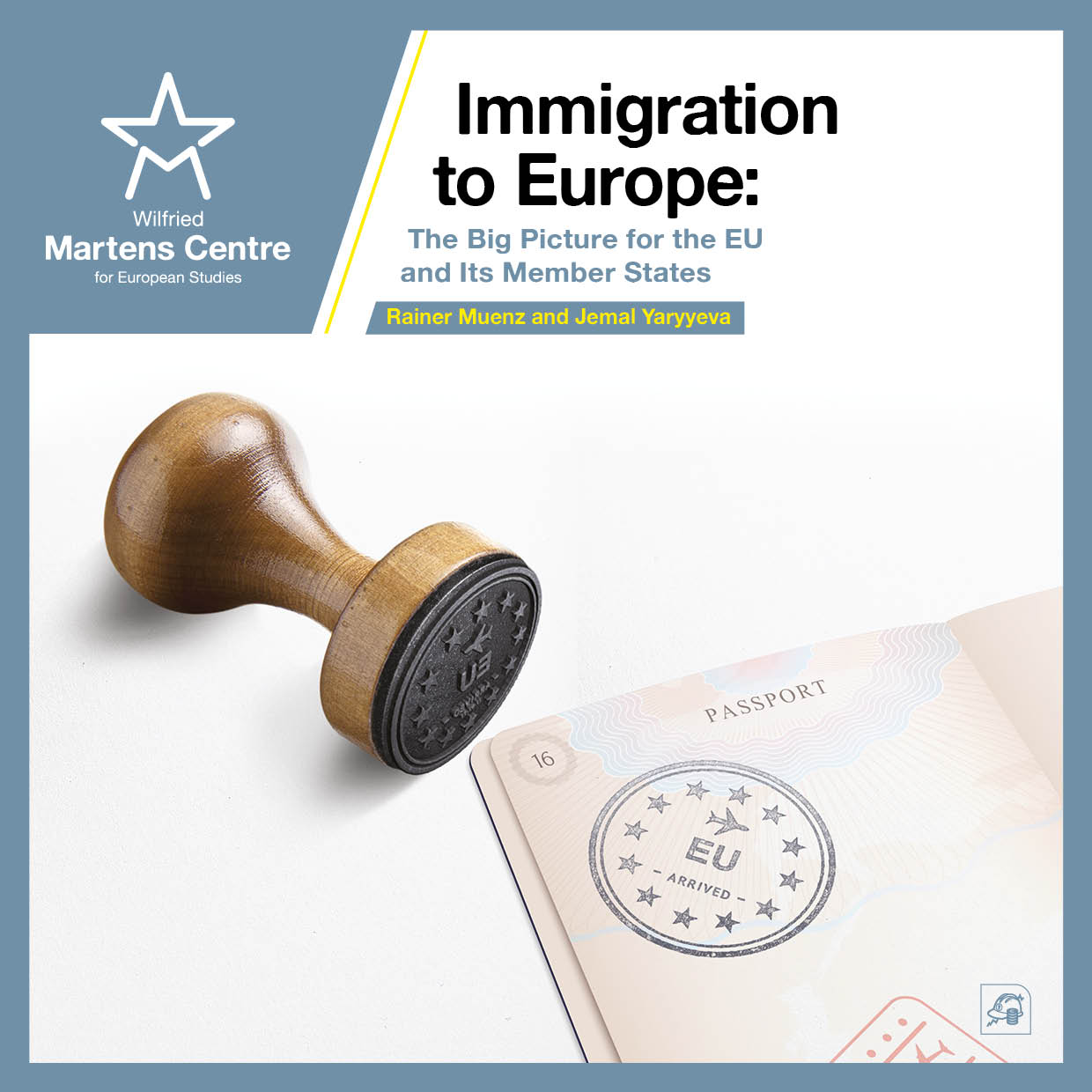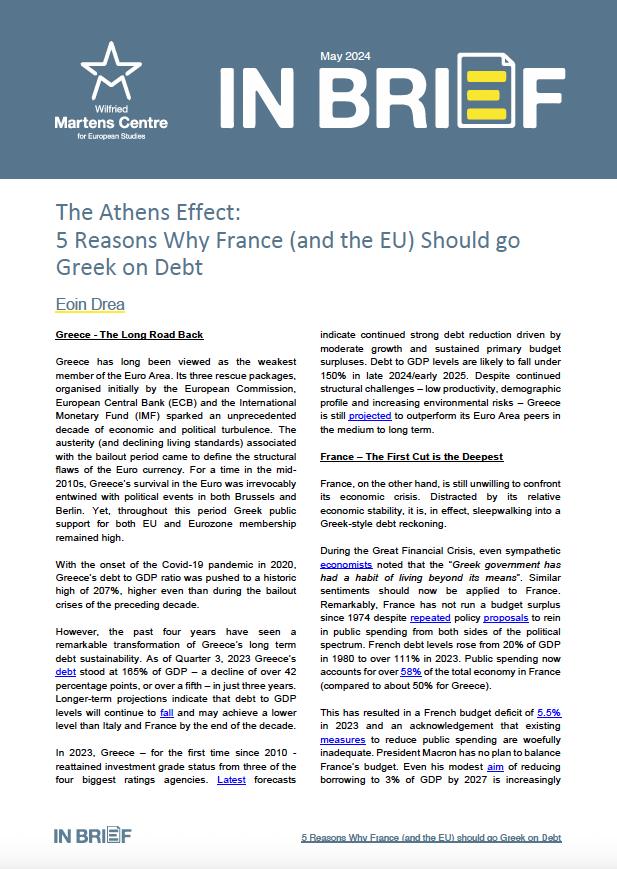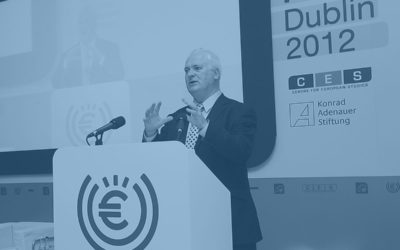Keep calm and work for a better Europe
25 June 2016
This will look like the wrong moment to say anything positive. And indeed, yesterday was a sad day for Europe. In our eyes, and those of its own young, Cool Britannia has turned into Little England. 24 June, 2016, will be economically painful for all sides concerned, it throws British politics into turmoil, even endangers the coherence of the United Kingdom, emboldens nationalists across the continent, weakens the West and makes Putin a happy man. And yet, while panic will only make matters worse, some aspects of Britain’s momentous decision are more disastrous than others. Starting with the economy, Britain will go through a rough period of a much weaker Pound, and investors withdrawing or at least thinking twice before putting their money into Britain. In the Brexit negotiations, Britain will try to preserve as much free trade as possible while not having to adapt to all the regulation it now cannot influence anymore. So the job for the EU’s negotiators will be to not ‘punish’ Britain (and shoot ourselves in the foot by inhibiting trade) while still preventing the impression that countries can get away with leaving and then retaining better deals than member states. Both large UK parties have been damaged because their leaderships argued for remain while the majority of their voters opted for leave. Expect turbulence in British domestic politics for some time to come. And although a second Scottish referendum will not follow as automatically as Scottish nationalists like to pretend (Parliament has to approve), both the Scottish and the Irish questions will return with a vengeance. But one of the most appalling aspects is that the anti-EU vote was also an anti-establishment, anti-market, anti-globalisation and anti-politics vote. The Leave propaganda was a far cry from good old Thatcherite Euroscepticism. In a way, England has moved from ‘I want my money back!’ to ‘I want my country back!’ –when no one from Brussels was actually trying to steal it. In fact, as reliable analyses are showing, Leave was mainly about ‘independence’ and ‘immigration’ – i.e. freeing Britain from Brussels-imposed slavery and migrants. Moreover, the Leave campaign’s allegations about a pro-remain conspiracy of the rich against the ‘little people’ were quite telling. But that tendency reflects a global trend that will only subside when its proponents are confronted with the harsh choices of actually governing. Britain over the coming months and years may become an excellent – and deterrent – example. In the remaining 27 member states, populist and nationalist parties are already calling for exit referenda. Even if leave majorities may be harder to achieve there, populists will use the polarisation in order to promote their parties and movements. But all that should not distract us from the most important task for the near future: Demonstrate that ‘more Europe’ in every field is a thing of the past. A stronger Union in foreign and domestic security will, of course, be necessary. But the governments of the Founding Six can meet for another 10 dinners, and I still don’t see ‘Core Europe’emerging if it presupposes a European finance minister (only over France’s dead body) or a transfer union (which no German party except the Greens will want to defend in their own country). So let’s get serious about making the Single Market more performant and less regulated, for example through more mutual recognition instead of unlimited harmonisation. Let’s handle Schengen flexibly in the face of jihadist terrorism. And let’s increase NATO-EU cooperation so that the laughter fromthe Kremlin is a bit less raucous. These are hard times for European integration. But if nothing else, what we should keep after Britain leaves, is a stiff upper lip.
ENJOYING THIS CONTENT?





















